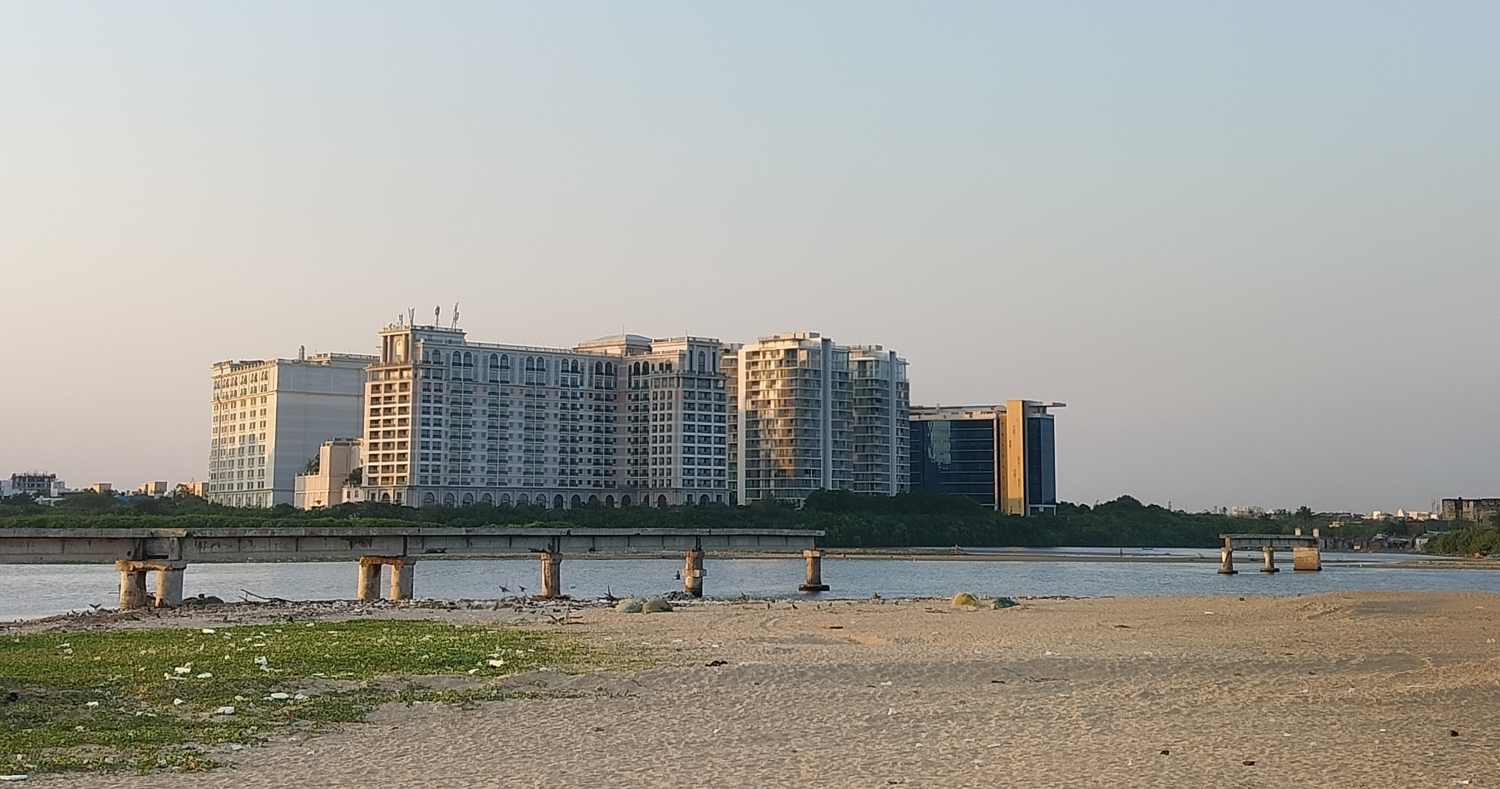India’s SDG performance pulled down due to the waste management scenario, despite doing well in health and the decline in its poverty level
By Priyadarshini Kar
CHENNAI
The term “sustainable development” has become quite popular and common in today’s world, it is not a short term vision but a long term goal, explained Dr Indu K Murthy, Sector Head at CSTEP.
Murthy delivered a talk on Sustainable Development Goals in a Colloquium on “Science, Technology, Policy and Society” at the Asian College of Journalism, Chennai on Friday, February 18, 2023.
Murthy started by delving into the Brundtland Report and the historic UN environmental conventions held in Stockholm (1872), Rio (1992), and the UN Convention to Combat Desertification (1994) to introduce and explain the concept of Sustainable Development Goals (SGDs). She also talked about the UN’s Millennium Development Goals (which date back to the early 2000s).
“Everybody is speaking about sustainable development,” said Murthy. She talked about how the 17 SDGs are built on the three main pillars of sustainability: social development, economic growth, and environmental protection. The five main thematic areas for SDGs are people, prosperity, peace, partnership, and the planet. “The interconnections between these themes and pillars are extremely strong,” said Murthy.
Murthy explained how the goals split from the broader necessities “to make it more tangible and fluffy”. She cited a case study from Peru, discussing the garbage management system of the country. She also discussed a case study on rural Lebanon, addressing gender and equality.
The percentage of families below the poverty line increased from 6.7% in 2019 to 7.2% in 2020, according to the studies analysed by Murthy. She talked about how the decline of global poverty levels between 2016-2018, and also the onset of the pandemic derailed the progress made in achieving the goal to reduce poverty.
Murthy repeatedly stressed on the importance of RRR: Reduce, Re-use, and Recycle. “17% of the total food available to consumers is wasted at household and retail levels,” said Murthy.

Adopting global goals are important for four main reasons: encouraging social mobilization; creating peer pressure among political leaders; spurring networks of expertise, knowledge and practice into action; and mobilizing stakeholder networks across countries, sectors and regions, coming together for a common purpose.
India stands at the rank of 121 out of 163 countries in SDG performance. Murthy said, “Though we have done well in terms of health, the waste management scenario pulls down the overall score.” Although the average has improved. The facts and figures showed that individually the goals had hardly made any difference.
Murthy ended her talk by discussing how the Government has been working towards ensuring sustainable consumption and production patterns.
Dr. Indu K Murthy asks important questions in her talk about sustainability and development goals. @ACJIndia #ACJLive pic.twitter.com/bdjRVVERp1
— Megha Nair (@_Megha_Nair_) February 17, 2023




